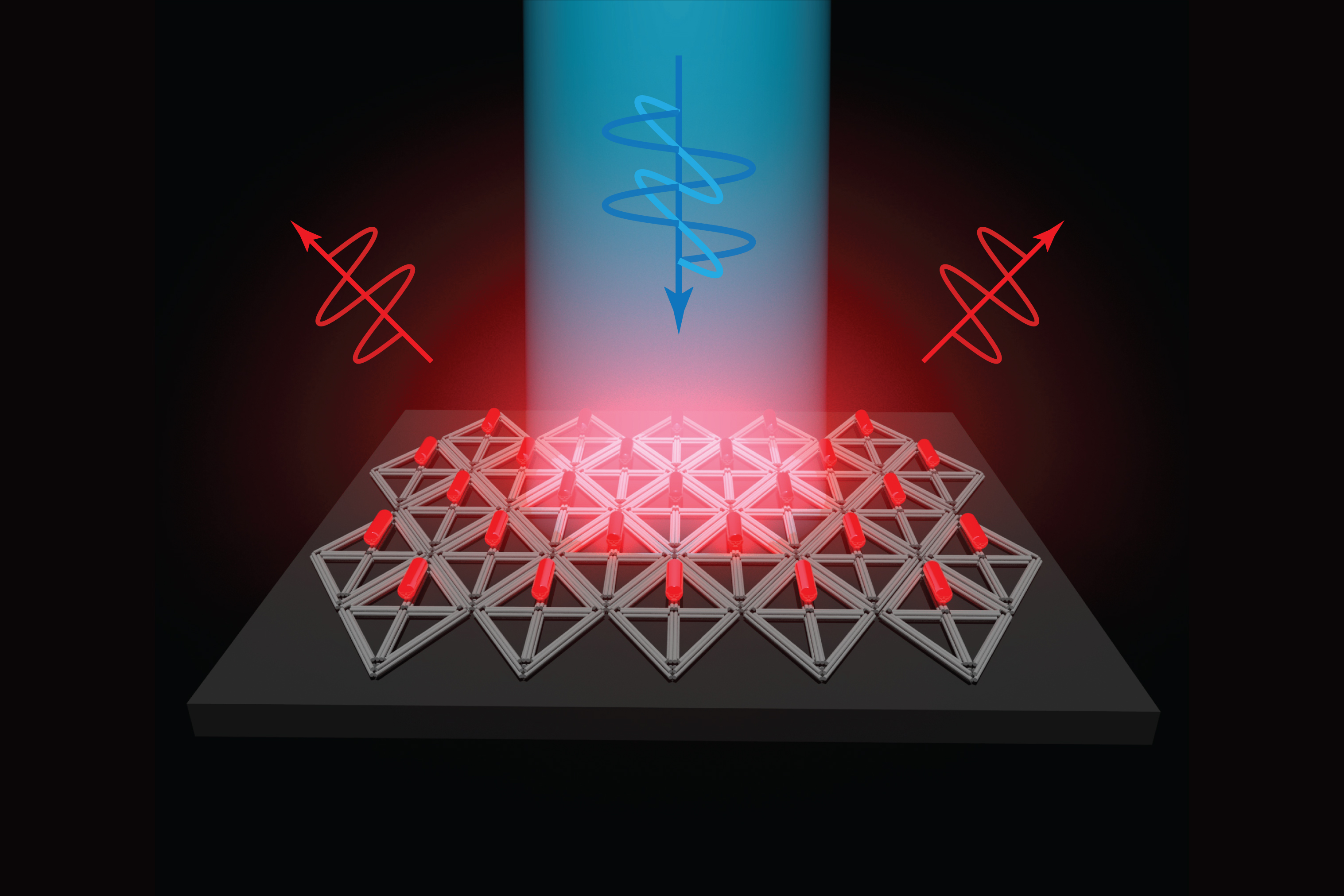Ph.D. in Quantum Electronics: Introduction, Admission, Registration, Eligibility, Duration, Fees, Syllabus 2024

Introduction:
The Ph.D. in Quantum Electronics is an advanced academic and research degree that merges quantum mechanics with electronic engineering to pioneer technologies of the future. This program is dedicated to training scholars to understand and manipulate the quantum behavior of electronic systems. Through a combination of theoretical coursework and hands-on research, candidates explore the nuances of quantum theory, materials science, and electronic device engineering. This degree typically includes developing quantum computation and communication technologies, studying quantum states in semiconductors, and investigating novel quantum phenomena. Researchers in this field are on the cusp of technological revolutions, contributing to advancements that have significant implications across various sectors, including computing, healthcare, and communication networks. The ultimate goal of the Ph.D. in Quantum Electronics is to cultivate thought leaders and innovators who will drive the next wave of breakthroughs in electronic devices and systems.
Admission Process:
- Obtain a relevant undergraduate and/or Master’s degree (Physics, Engineering, etc.).
- Submit official academic transcripts.
- Provide letters of recommendation.
- Submit a statement of purpose outlining research interests.
- Demonstrate proficiency in mathematics and physics through standardized tests or coursework.
- Complete any required entrance examinations or interviews.
Eligibility:
- Bachelor’s or Master’s degree in Physics, Electronic Engineering, or related fields.
- Strong foundation in quantum mechanics and mathematics.
- Research experience in a relevant field (desirable).
- Publications in peer-reviewed journals (advantageous).
- Competency in programming and simulation tools (often required).
Completion Time:
Completion of a Ph.D. in Quantum Electronics varies from 3 to 6 years, depending on individual progress, the structure of the specific program, and the complexity of the research. Initial coursework solidifies foundational knowledge in quantum mechanics and electronics, typically taking up the first year or two. Comprehensive exams follow, testing the student’s proficiency in the field. The heart of the Ph.D. lies in the research phase, where candidates spend years developing their dissertation. This involves proposing hypotheses, conducting experiments, simulations, or theoretical work, and publishing findings. The journey culminates in the successful defense of the dissertation, contributing original knowledge to the field of quantum electronics.
Career Opportunities:
- Research and development roles in technology companies.
- Academic positions in universities and research institutions.
- Positions in government laboratories and agencies.
- Consultancy in the field of semiconductor and electronic device fabrication.
- Entrepreneurial ventures in quantum technology startups.
Syllabus:
- Advanced quantum mechanics.
- Quantum information and computation.
- Nanoelectronics and nanofabrication.
- Semiconductor physics.
- Superconducting devices and applications.
- Photonics and optoelectronics.
Internship Opportunities:
- Industrial placements in quantum computing firms.
- Research internships in national or private labs.
- Summer schools and workshops offered by leading research institutions.
- Collaborations with government defense and space agencies.
- Partnerships with semiconductor manufacturing companies.
Scholarship and Grants:
- University-sponsored fellowships and assistantships.
- Grants from scientific organizations such as the National Science Foundation.
- Corporate scholarships from technology companies.
- International scholarships for study abroad opportunities.
- Government-funded research grants for specific projects.
FAQs:
What kind of research projects are typical in this program?
Projects often involve quantum computing, semiconductor physics, device fabrication, and material science.
Is a Master's degree mandatory for admission?
Not always, but it is often preferred.
What facilities are available for research?
Most programs provide state-of-the-art laboratories, clean rooms, and high-performance computing resources.
Can I collaborate with industry during my Ph.D.?
Many programs encourage industrial collaborations and internships.
Are there teaching requirements during the Ph.D.?
Some programs may require teaching assistantships as part of the curriculum.
